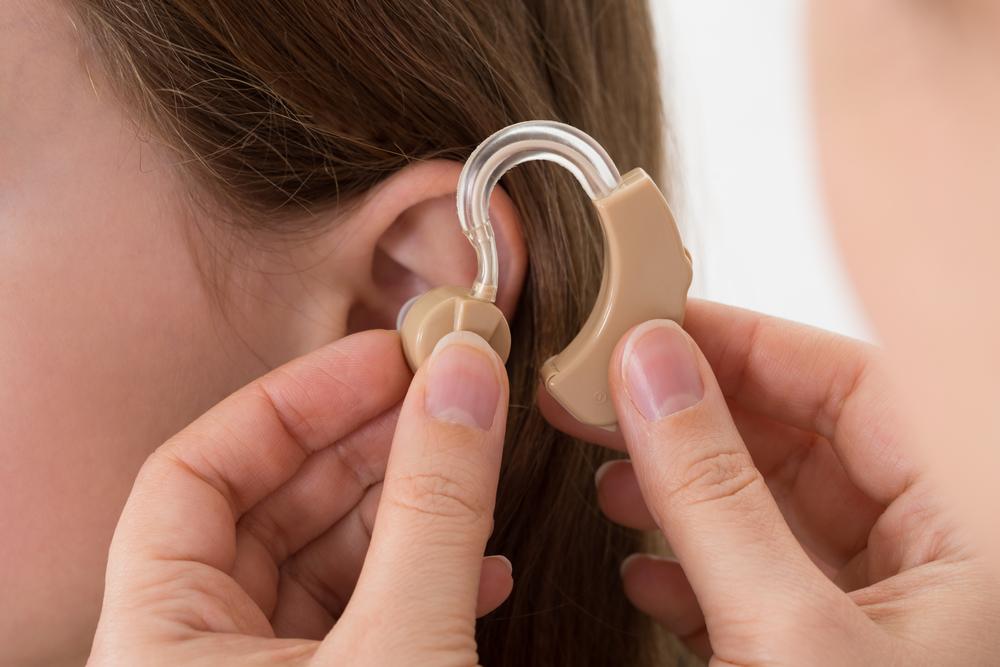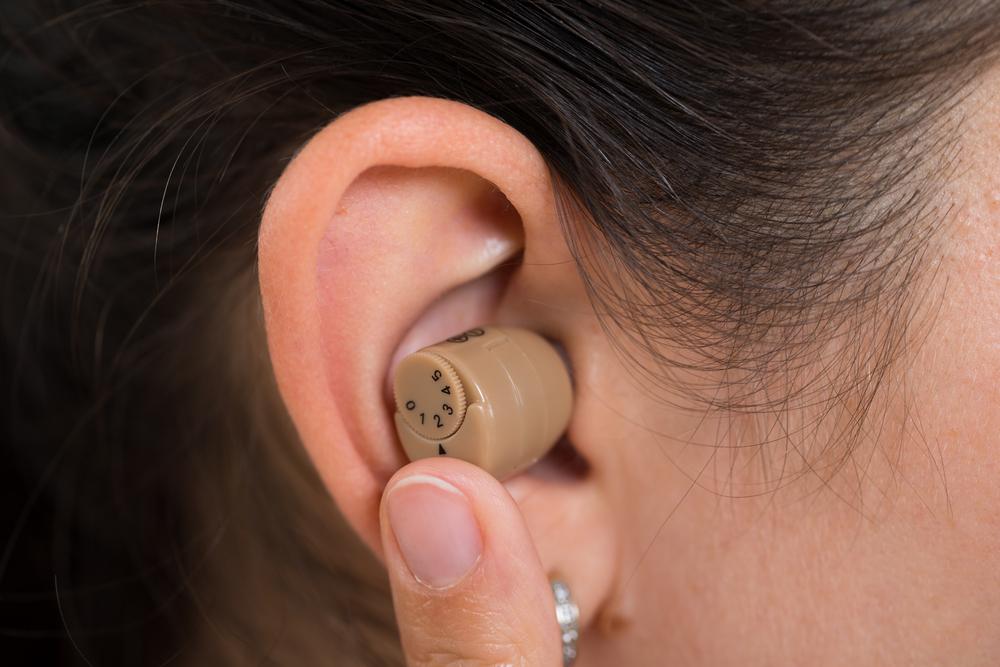Expert Guide to Purchasing Hearing Devices: What You Should Know
This comprehensive guide highlights the importance of consulting professionals for hearing aid purchases. It covers what to expect during appointments, options available, and costs involved, emphasizing early detection and expert advice for optimal hearing support. Suitable for those experiencing hearing loss, this article helps navigate options safely and effectively.

Expert Guide to Purchasing Hearing Devices: What You Should Know
Hearing difficulties, regardless of severity, can disrupt daily activities. The risk increases when alerts, calls, or sirens go unheard. Advances in hearing technology have made managing this condition easier and more effective.
Nowadays, hearing aids incorporate microphones, amplifiers, and speakers to boost sound, aiding those with hearing loss, although they don't fully restore hearing ability. Hearing loss affects individuals of all ages, making it crucial to consult an audiologist for precise diagnosis and fitting instead of relying solely on online solutions.
When visiting a hearing specialist, here’s what to anticipate:
Cordial Reception
Expect a friendly greeting and some paperwork to ensure your privacy and clarify your rights as a patient.
Hearing and Ear History Evaluation
The audiologist will inquire about your ear health, hearing experiences, and communication preferences, collecting detailed medical data.
Ear Inspection and Test Results Explanation
The professional will examine your ears and discuss your hearing test outcomes, explaining your loss type and options for treatment. Feel free to ask questions for better understanding.
Hearing Aid Demo
Using sophisticated equipment, the audiologist may demonstrate how various hearing aids perform in noisy settings like busy restaurants or traffic, customizing the demonstration to your needs. Costs for devices range from $700 to $3000, based on features and effectiveness.
Advice and Selection
The specialist will recommend suitable hearing aids based on your assessments, explaining features and prices thoroughly. You’ll then choose the best option, possibly signing a purchase agreement that details the model, price, and warranty before leaving.
While modern hearing aids can be costly, technological progress has made them more affordable. Cheaper alternatives, such as general amplifiers, are less effective and not true substitutes. Early diagnosis and professional guidance are key to managing hearing loss effectively and avoiding complications.


